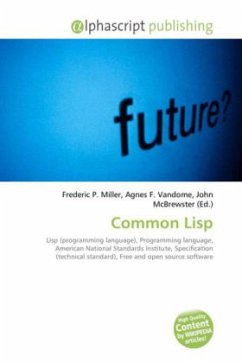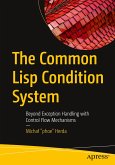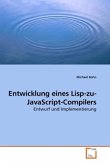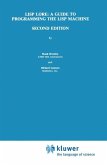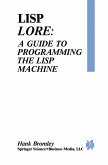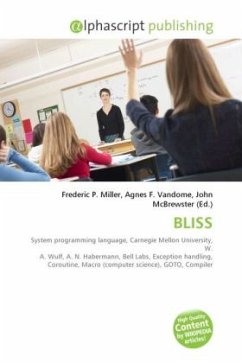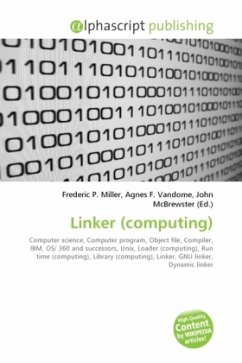Common Lisp, commonly abbreviated CL, is a dialect of the Lisp programming language, published in ANSI standard document ANSI INCITS 226-1994 (R2004), (formerly X3.226-1994 (R1999)). Developed to standardize the divergent variants of Lisp (though mainly the MacLisp variants) which predated it, it is not an implementation but rather a language specification. Several implementations of the Common Lisp standard are available, including free and open source software and proprietary products. Common Lisp is a general-purpose, multi-paradigm programming language. It supports a combination of procedural, functional, and object-oriented programming paradigms. As a dynamic programming language, it facilitates evolutionary and incremental software development, with iterative compilation into efficient run-time programs. Common Lisp includes CLOS, an object system that supports multimethods and method combinations. It is extensible through standard features such as Lisp macros (compile-timecode rearrangement accomplished by the program itself) and reader macros (extension of syntax to give special meaning to characters reserved for users for this purpose).
Bitte wählen Sie Ihr Anliegen aus.
Rechnungen
Retourenschein anfordern
Bestellstatus
Storno

